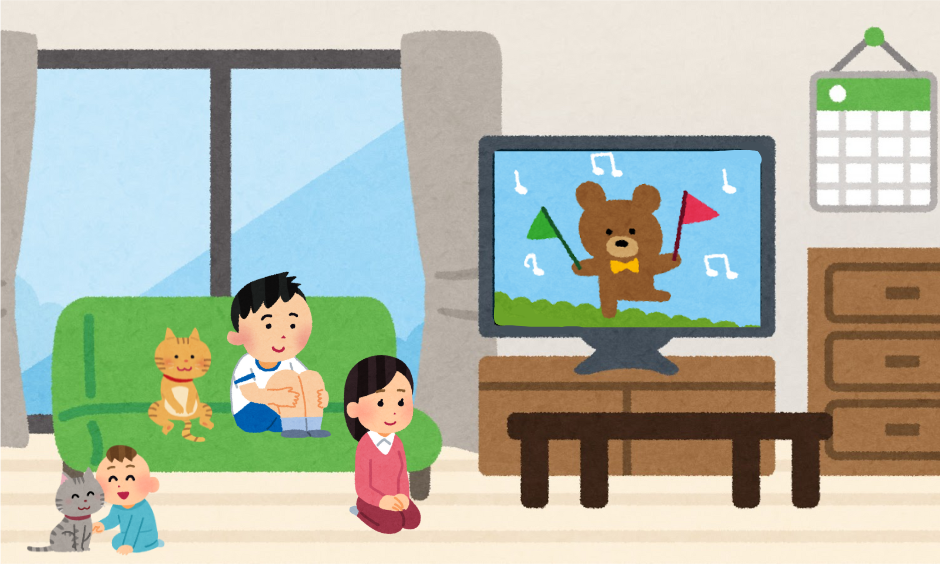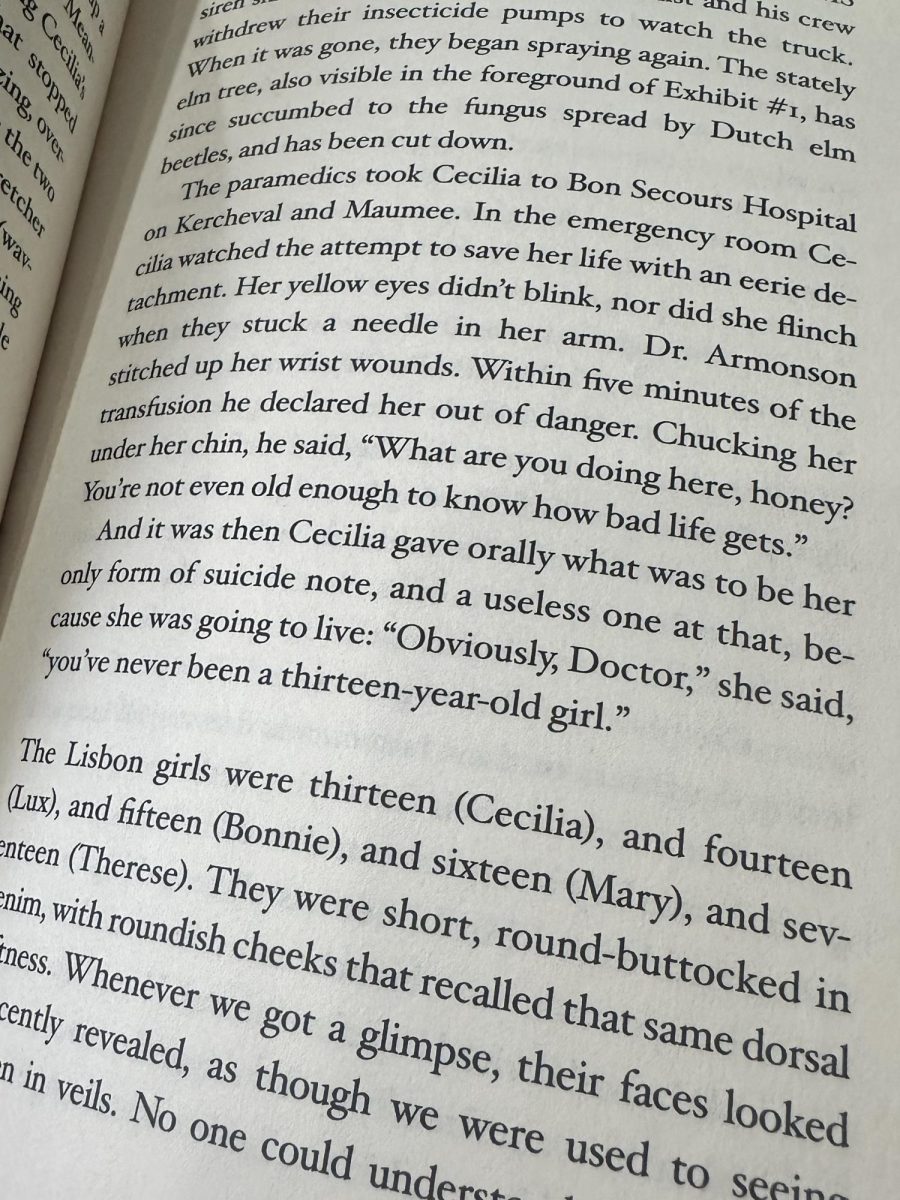The media we consumed as children, especially television, plays a significant role in shaping who we become. TV programs that were on during the boring parts of our day brought us enjoyment and entertainment. Shows are impactful for our developing minds, which influence our lifestyle. How exactly have cartoons molded us into the people that we are today?
Cartoons offer an animated form of entertainment with its interesting nature of how it depicts its own characters and stories. Additionally, cartoons can be utilized to educate young children on life lessons and academic subjects. Cartoons are a medium that any person can enjoy as there are different types of cartoons. For example, there are many cartoons that have different styles of animation, such as 2D animation, stop-motion animation and live-action animation.
Freshman Diana Granados shares the life lessons from these cartoons which has helped her become who she is today.
“[Cartoons] kind of helped me form who I am in terms of how I treat others, like being kind. It also taught me social skills,” Granados said.
In addition, cartoons can affect your perspective on the world and how you treat other people. Many shows have the recurring theme about how we should be kind to others and treat them with respect. These lessons can bring to light the importance of being kind and spreading love to others.
Granados has learned these lessons in the cartoons she used to watch. It has left a lasting impression on her, which inspired her to be much more open-minded.
“When I was younger I learned to treat others the way I want to be treated and also to embrace my differences with other people instead of treating them differently for it,” Granados said.
Cartoons can not only help us with our relationships with the world or the people around us, but it can also help develop a positive relationship with yourself. Cartoons discuss lots of important ideas such as self-love, curiosity and motivation.
Segerstrom Freshman Juliette Torres shares how cartoons impacted her sense of hope. She stated multiple cartoons she watched growing up helped her, like “Over the Garden Wall” and “Adventure Time.”
“In a way they gave me hope, something to believe in… just knowing that there were people that struggled with things that I do as well, even if they’re fictional, gives me comfort,” Torres said.
However, in recent years, the quality of cartoons has diminished. From repetition to lack of depth, it can defeat the whole purpose of what cartoons are trying to provide. The influence that cartoons have on us is the lessons they provide to us. That is not something that should be messed up.
Torres states how certain content ruins the cartoon and the impact they have on the audience.
“Cartoons talk more about adult themes and how their sentimental themes are written compared to ‘adult’ shows. I also feel that now cartoons are more repetitive in every aspect, it feels like I’m watching the same show despite watching multiple ones,” Torres said.
As cartoons further develop, it’s important cartoons continue to teach lessons to younger generations. An example of this would be a cartoon called “Daniel Tiger’s Neighborhood.” This cartoon teaches young kids social and emotional skills.
If cartoons are not used carefully, children will not be able to learn the lessons cartoons teach, which will help them in their development later on and leave the impact they need on their lives.


































